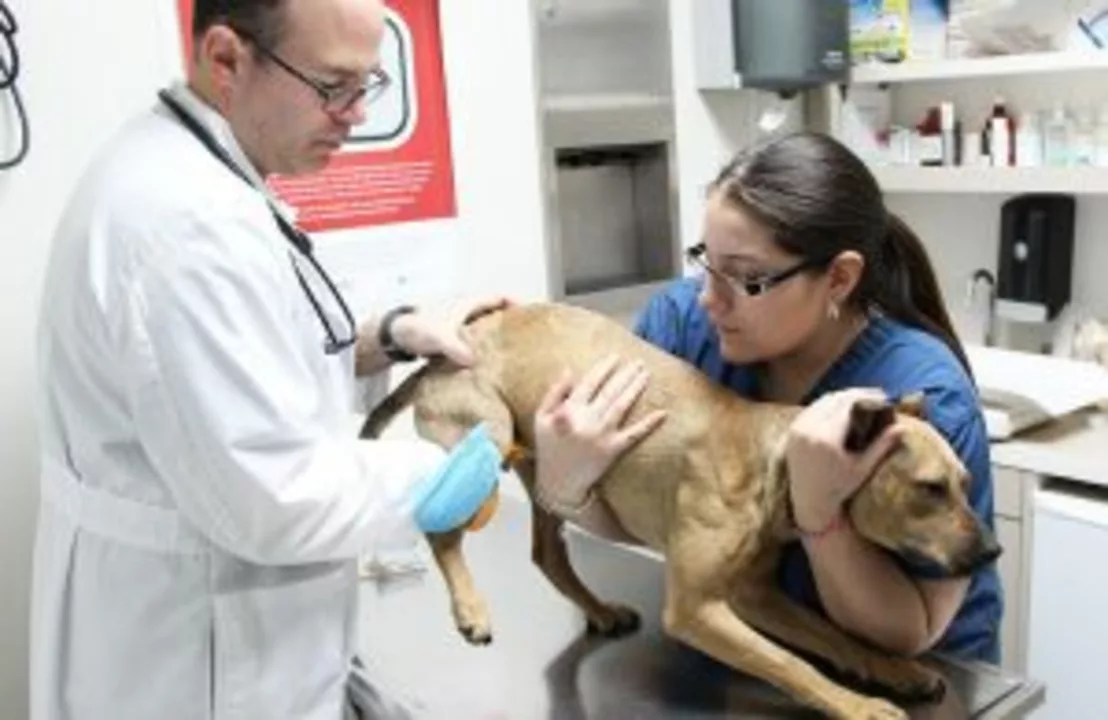Veterinary Medicine: Practical Tips for Pet Meds & Safety
Did you know a single human pill can seriously hurt a pet? Pet bodies handle drugs differently. That’s why veterinary medicine focuses on the right drug, correct dose, and safe delivery for animals. This page collects clear, useful guidance so you can give meds safely and spot trouble early.
How to give medicines safely
Always follow your vet’s instructions. Dosing usually depends on weight, not age. Never guess a dose by cutting pills in half unless your vet says so. If a tablet is hard to give, try wrapping it in a small bit of food your pet likes, or use a pill pocket. For liquid meds, use the syringe the clinic gives you — kitchen teaspoons are not accurate.
Watch the timing. Some meds must be given with food to avoid stomach upset. Others work best on an empty stomach. If you miss a dose, check with your vet rather than doubling up later.
Know the common pet drugs and risks: antibiotics like amoxicillin are used for infections; NSAID pain relievers for dogs include carprofen and meloxicam but these can damage the stomach or kidneys if misused. Ivermectin is widely used for parasites but can be toxic to some breeds at high doses. And never give acetaminophen (Tylenol) or ibuprofen to cats — they are toxic.
Buying pet meds online: quick checklist
Buying online can save money, but safety matters. Ask your vet for a prescription and vendor recommendation. Check that the online pharmacy requires a prescription and lists a licensed pharmacist contact. Look for clear return policies and shipping times so you know when the medicine will arrive.
Red flags: sites that sell prescription meds without asking for a prescription, have no physical address, or use aggressive price guarantees that seem too good to be true. If you see those signs, stop and ask your vet for alternatives.
Know when to call the vet. If your pet vomits repeatedly, has bloody stool, collapses, shows trouble breathing, has seizures, or develops sudden swelling, get help immediately. For milder side effects like one episode of vomiting, loss of appetite for a day, or mild lethargy, call your vet for advice — they may ask you to monitor at home or come in for an exam.
Record keeping helps. Keep a simple log of medication name, dose, time given, and any side effects. That makes follow-ups faster and keeps everyone on the same page if you change vets or use an online pharmacy.
If you want more detailed guides—drug-specific info, side effects, and online pharmacy reviews—check the related articles tagged "veterinary medicine" on this site. They include safe use tips, product comparisons, and real-world advice from pet owners and clinicians. Your pet depends on careful choices. Use this tag as a practical starting point, and always lean on your vet for final decisions.

Clavulanate in veterinary medicine: Treating infections in animals
- May, 5 2023
- Daniel Remedios
- 5 Comments
As a pet owner, I understand the importance of keeping our furry friends healthy, and the role of Clavulanate in veterinary medicine cannot be overlooked. Clavulanate is a powerful drug that, when combined with antibiotics like Amoxicillin, helps effectively treat bacterial infections in animals. This combination, known as Clavulanic acid/Amoxicillin, works by preventing the bacteria from building a resistance to the antibiotics. It's commonly used for various infections in animals, such as skin, urinary tract, and respiratory infections. It's reassuring to know that medicines like Clavulanate are available to help our pets recover from infections and maintain their overall health.
